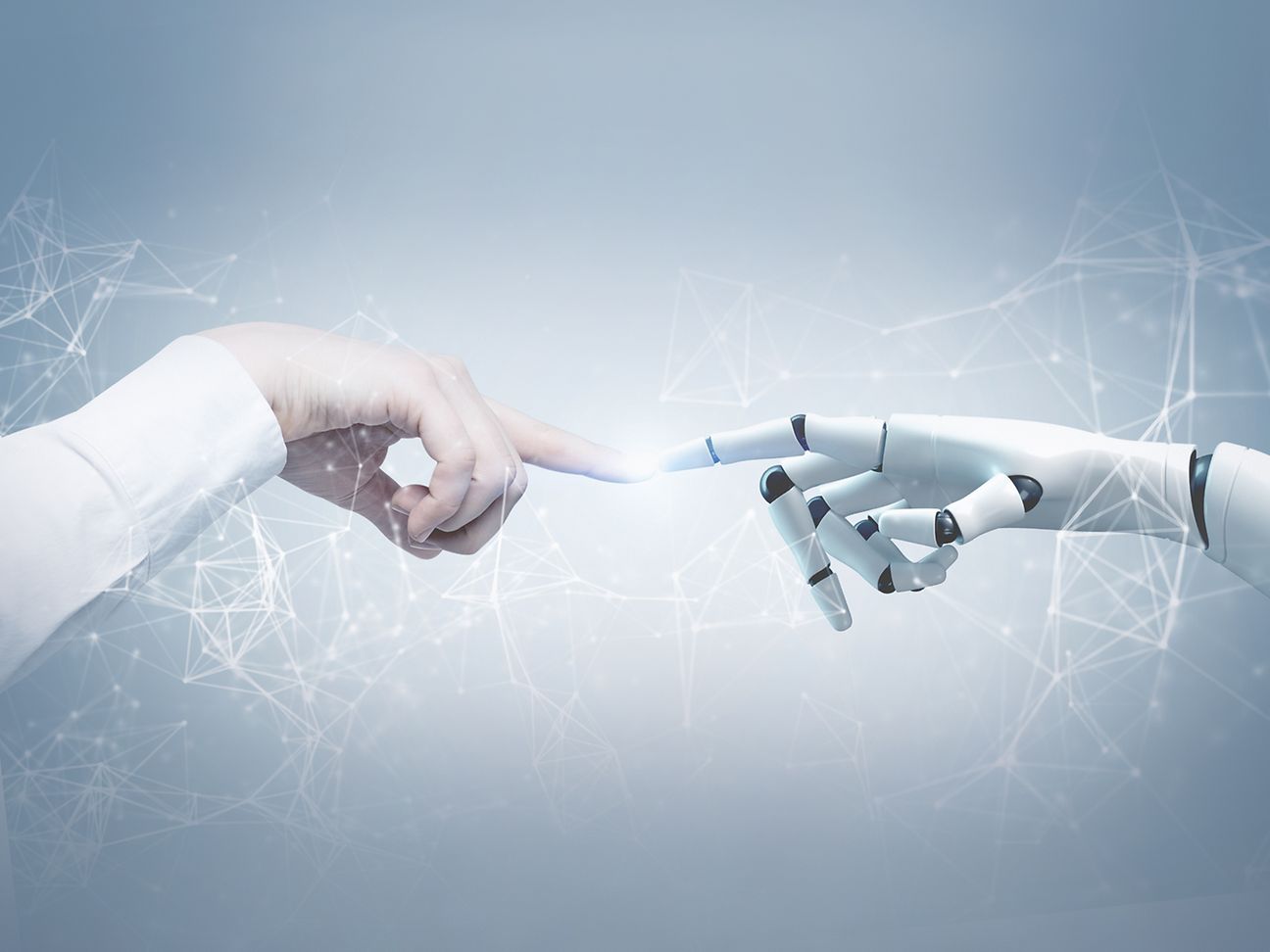Fast food knowledge and virtual love
AI assistants and us. The impact of generative AI on social interaction and democracy. A study by the Allensbach Institute and Deutsche Telekom examines the effects of digital assistants and social bots. The focus is on two questions.
Social Bots
Chatbots with generative AI ask us how we are feeling, they laugh with us, make jokes and make us feel good with their striving for harmony. What do these apparently empathetic bots mean for the way we humans interact with each other? Do we trust them more and more and turn them into our best friend who always has time and understanding? Will they become our psychologist because a place in therapy won't be available for a few months anyway? Do we confide in them what we would otherwise only tell the priest? What does it do to us as people and as a society when algorithms become virtual friends? And we might even prefer them to humans.
Digital assistants
In addition to this aspect of social interaction, the study sheds light on the question of what digital assistants mean for the way we deal with knowledge. Internet searches are becoming more convenient. And faster. We no longer have to search and trawl through long lists of links. We find answers. Well written, plausible-sounding and concise. Will we become a society of first answers? Or do we investigate further? Do we check the sources given?
The study “Fast food knowledge and virtual love. AI assistants and us” asks questions.
With AI experts, psychologists and sociologists. With associations, think tanks and politicians. And, of course, with members of the public. Qualitative discussions with experts are followed by a representative survey of 1,000 people across Germany.
The study thus provides a picture of the mood and gives an outlook on a development that is only just beginning.
Why is Deutsche Telekom doing this?
Our networks connect people and open up access to digital technologies. One of the biggest trends of our time is generative AI. It brings with it many questions and changes. Both positive and negative. Some people are enthusiastic. Others are more critical. Ignoring it is not an option.
At Deutsche Telekom, we see it as part of our digital responsibility to accompany and scrutinize such trends. And to take people with us. To give them the option of forming their own opinion. With our study, we are providing information, lowering inhibitions and making it easier for people to get to grips with this increasingly complex topic.
After all, the way society deals with new technologies needs to be discussed. This cannot be decreed by anyone - not a company, not an institution, not a government. We can only develop digital responsibility together. This study is intended to provide an opportunity to do so.
And is in line with our digital responsibility initiative. And also with the self-binding AI guidelines that we adopted back in 2018.


